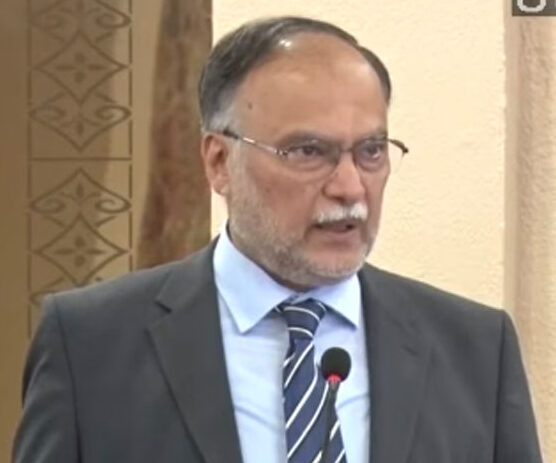SPECIAL REPORT
ISLAMABAD: The third meeting of Committee constituted by the Prime Minister on “civil service reforms” was held under the chairmanship of Planning minister. The meeting was attended by the provincial Chief secretaries or their representatives, Rector National School of Public Policy, Director General of Civil Service Academy, Secretaries of the Cabinet, Establishment, and Planning Divisions, Special Secretary, EAD, Secretary, FPSC, Additional Secretary, Finance Division and senior officers of Establishment and Planning Divisions.
During the 2nd meeting of the Committee, 5 sub-committees (i.e. on refining Recruitment process, Appropriate training, institutional restructuring, improving compensation, and performance management) were constituted.
During the first two meetings, held under the leadership of Planning minister, the proposal prepared by the Ministry Planning in consultation with stakeholders during 2013-18 were deliberated during these meeting.
Two reports i.e. refining Recruitment process, Appropriate training were deliberated during the meeting The Establishment Division made a detailed presentation prepared in consultation with FPSC on refining recruitment process highlighted existing CSS exam / recruitment issues and challenges, deliberating on findings from screening test results analyzed over the last few years since it was introduced and also discussed the current problems in CSS curriculum.
It was observed that the current CSS curriculum and examination process does not encourage critical thinking. It was also discussed that predictable style of examination has led to a surge in commercial academies which only candidates belonging to affluent class can afford. To discourage this practice, minister advised FPSC to revise the curriculum and reconsider subjects.
Emphasizing on the need for effective marketing for recruitment, minister advised FPSC to conduct rigorous campaigns to attract maximum candidates to participate in CSS exam as being followed global companies who hire their HR by targeting universities across the country. “A candidate studying in BUITEMS Quetta is as good as a candidate studying in any other university. With the right mentoring and access to preparatory material, they can pass the exam.” Minister also said that the proactive recruitment program will enable candidates in backward areas to prepare for CSS. “There are 8000 to 10,000 women studying in Quetta University and the new CSS exam structure should be easy for them,” stated the Minister.
Regarding psychological assessment, the minister instructed the committee to use psychometric analysis to analyze the attitudes of candidates especially signs of extremist tendencies. Giving example of Punjab Police, he said that there was no system in place for psychological evaluation in any Police academy of the country.
Minister Ahsan Iqbal also suggested to add the best practices from corporate sector giants into the reform proposals. “We need to borrow from the best practices of companies like Engro, McKinsey, etc. to create the best standard of civil service trainings.”
Director General Civil Service Academy made a detailed presentation of existing training regime and briefed the minister about structure and themes of Common Training Programme. Stressing on the pivotal role of soft skills in leadership, the minister directed DG CSA to focusing on developing soft skills of newly inducted officers. “We have a typical tendency to rate leadership through competence. But we need to understand that real leaders have exceptional soft skills that motivate people to work with them.” A special focus on soft skills training can reduce the leadership deficit, the Minister stated. Minister also added that public private partnership is the future of civil sector hence trainings related to partnering with private sector should be considered. The Minister also suggested introducing AI in governance as a module during training.
The meeting concluded on the note that working papers prepared by the subcommittees will shared with all stakeholders for their formal input. The next meeting will be held in forthcoming week to review and discuss the remaining sub committees reports.


